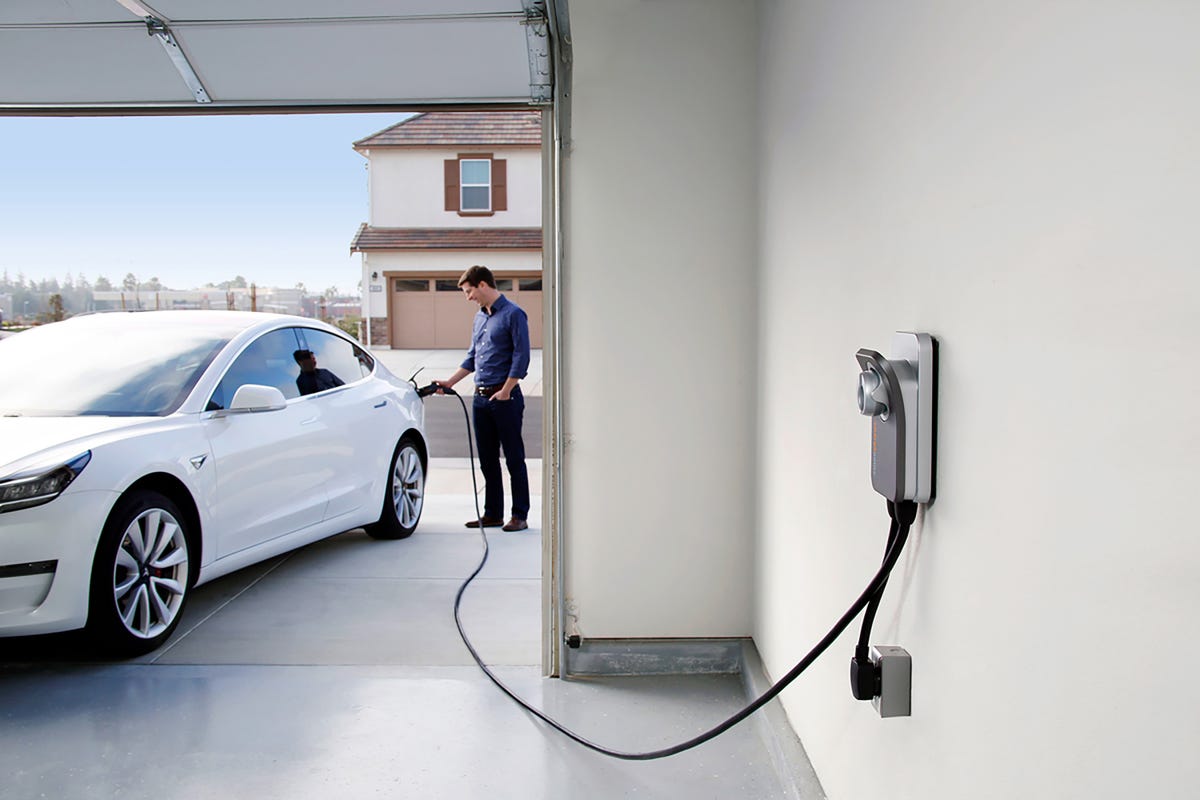Why Global Managed Service Providers Are the Key to Successful AI Deployment Across Borders
Artificial intelligence is no longer a luxury, it is the engine driving global digital transformation. But building, deploying, and scaling AI solutions across regions is not as simple as plugging in a few algorithms. It requires more than just technical know-how. It demands the right partner with the infrastructure, global reach, and strategic mindset to make AI work seamlessly across borders. This is exactly where global managed service providers (MSPs) separate themselves from the pack.
While boutique local providers may excel in their niches, only global MSPs have the operational scale, consistent governance models, and cross-border delivery capabilities to ensure that AI solutions work not just in one market, but everywhere your business operates.
AI Without Borders, The New Mandate for Modern Enterprises
The demand for AI-powered solutions has exploded across key global innovation hubs throughout the UK, Germany, the UAE, Saudi Arabia, and major cities like London, Berlin, Barcelona, Dubai, Riyadh, and New York City. Yet, the complexity of deploying AI across these diverse regions cannot be overstated. Each market has its own regulatory landscape, talent ecosystem, cultural nuances, and infrastructure realities. Global MSPs understand this complexity. They bring together AI engineering, data science, and regulatory expertise under one coordinated umbrella, ensuring that your solution in Berlin aligns with your compliance needs in London and scales smoothly to your customer base in Dubai and Riyadh.

This is not just about building AI models. It is about deploying them ethically, securely, and strategically, with localized delivery that respects each market while maintaining the integrity of a unified global strategy.
The Superpower of Unified AI Service Delivery
The hallmark of a true global MSP is its ability to offer centralized service governance with localized execution. This approach means that your AI deployment in New York City mirrors the quality, security, and operational standards of your implementation in Riyadh.
Consider the challenge of running a predictive analytics platform across multiple time zones. Without a global provider, you risk inconsistent performance, fragmented data pipelines, and varying compliance risks. A global MSP resolves these challenges through follow-the-sun support models, integrated data management, and harmonized service-level agreements (SLAs) across regions.
This unified model provides something that local-only MSPs cannot: a stable, scalable AI operating framework that spans your global footprint.
Deep Regional Expertise Meets Enterprise-Grade Infrastructure
Global MSPs succeed because they combine two critical ingredients: deep local knowledge and enterprise-grade infrastructure. In London, they understand the data protection demands of the UK’s regulatory environment and bring AI solutions tailored for finance, healthcare, and legal sectors.
In Berlin, they deliver agility to support Germany’s fast-moving startup culture and deep tech sectors, offering scalable AI development platforms and agile deployment models that fit the speed of innovation required.
Barcelona benefits from global managed service providers that provide AI accelerators for multilingual customer engagement, cloud-native platforms, and market-ready AI models that enable rapid expansion into European and Latin American markets.
In Dubai and Riyadh, where smart city initiatives and government-backed AI strategies like Saudi Arabia’s Vision 2030 and the UAE National AI Strategy 2031 are in full swing, global MSPs bring the infrastructure and delivery muscle needed to execute on these ambitions with precision.
In New York City, where the race for AI dominance in finance, media, and real estate is relentless, global MSPs offer high-speed data infrastructure, AI-managed analytics, and talent access that local competitors cannot match.
Access to Global Talent Pools and AI Expertise On Demand
One of the biggest barriers to successful AI deployment remains the global shortage of AI talent. Finding, hiring, and retaining skilled AI engineers, data scientists, and machine learning experts is a costly, time-consuming endeavor. This challenge is especially acute in competitive markets like NYC and London.
Global managed service providers mitigate this issue by operating at a scale that allows them to recruit and retain top-tier talent across continents. They provide clients with immediate access to teams of AI specialists without the overhead of in-house hiring. Whether your project requires a small team of data scientists or an army of AI engineers, a global MSP delivers the flexibility to scale resources as needed.
Additionally, these providers often offer knowledge transfer programs that help build your internal AI capabilities over time, so you are not permanently reliant on external expertise.
Strategic Alignment with Multinational Business Goals
For multinational enterprises, inconsistency is the enemy of progress. Rolling out an AI strategy that works in London but flounders in Dubai is not a recipe for success. This is why global MSPs align their service models with your broader organizational objectives, ensuring standardization where it matters and localization where it counts.
They bring AI Centers of Excellence (CoEs) into the equation, consolidating best practices, tools, and governance models under one strategic framework. These CoEs provide access to reusable assets, proven methodologies, and AI innovation hubs that accelerate adoption across the organization.
This strategic alignment is especially critical for industries with strict compliance requirements or global customer bases. Whether it is managing data residency issues, enforcing ethical AI guidelines, or standardizing model validation procedures, global MSPs make sure that your AI initiatives do not fall victim to regional disconnects.
Why Global Scale Matters More Than Ever
Let’s be blunt. Small, local providers may offer good service within a narrow scope, but they often lack the infrastructure and breadth of talent required to deploy AI solutions at scale. Without global scale, your AI deployment risks becoming a patchwork of disconnected systems, processes, and vendors.
Global MSPs solve this problem with:
- Centralized data governance and security policies
- Integrated analytics platforms that support multi-region operations
- Consistent compliance adherence across jurisdictions
- 24/7 monitoring and incident response, no matter where your systems operate
This ability to manage AI at scale ensures performance consistency, operational resilience, and faster time to value, key advantages that local MSPs simply cannot deliver.
The Global MSP Advantage: Agility, Scale, and Strategic Depth
AI is no longer a regional play. The businesses winning with AI today are those that deploy it globally while respecting local needs. Global MSPs deliver this balance through strategic depth, infrastructure resilience, and operational excellence.
They are not just service providers. They are partners in your AI journey, helping you navigate the complexity of global deployment, mitigate talent shortages, and achieve measurable outcomes faster.
If your business is serious about AI at scale, it is time to think bigger than your local market. The future belongs to those who can move fast, scale smart, and operate seamlessly across borders. With a global MSP at your side, that future is within reach.



